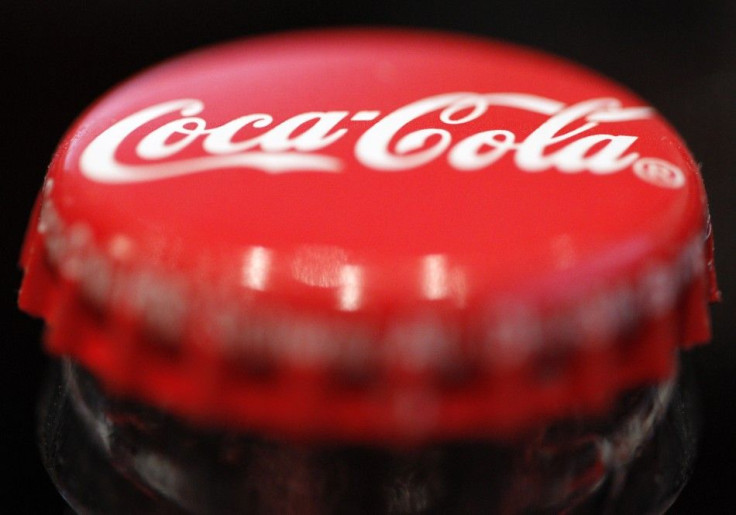Coca-Cola’s New Obesity Commercials Taste Like Desperation

The Coca-Cola Company (NYSE:KO) has a message for more than a third of Americans: It’s not our fault you’re obese.
The world’s largest soft-drink maker announced Monday that it will begin airing new commercial spots in which it addresses the obesity epidemic for the first time. In a campaign dubbed “Coming Together,” the Atlanta-based multinational acknowledges that obesity is a major health concern in the United States, but it stresses that calories are the culprit -- and calories come from everywhere, not just sugary beverages.
The commercials also find Coke touting its efforts to provide more low-calorie and no-calorie drinks and vowing to be more forthcoming about the caloric content of its products. “This is about the health and happiness of everyone who buys our products and wants great-tasting beverages, choice and information,” Stuart Kronauge, Coca-Cola North America’s general manager of sparkling beverages, said in a statement. “The Coca-Cola Company has an important role in this fight. Together, with willing partners, we will succeed.”
The new campaign -- which will begin airing Monday on the highest-rated primetime shows on CNN, MSNBC and Fox News -- comes at a time when more and more public-health advocates are pointing to research that many believe shows a direct link between obesity and sugary soft drinks, research to which lawmakers have been responding accordingly.
New York City’s widely reported ban on sugary soft drinks larger than 16 ounces is set to take effect in March, provided it withstands legal challenges. The first-of-its-kind ban, spearheaded by Mayor Michael Bloomberg, was vehemently opposed by beverage companies, restaurants and movie theater owners. It has also found limited public support, with 60 percent of New Yorkers saying they oppose the ban, according to an August poll by the New York Times.
Still, the pro-soda camp worries that the New York ban could set a precedent and spread to other cities and states, much as indoor-smoking bans (another Bloomberg crusade) did in the early 2000s. Following California’s unprecedented ban on indoor smoking in 1995, other states quickly took up similar measures. Today 28 states have enacted such bans. To make matters worse for the tobacco industry, the major tobacco companies were ultimately found by the U.S. government to have willfully deceived the American public about the dangers of cigarette smoking for decades. In November, the companies were ordered by U.S. District Judge Gladys Kessler to spend their own money on a public advertising campaign admitting their deceptive practices.
Whether or not the soft-drink industry will head down the same path could ultimately depend on how it deals with future research. In August, the New England Journal of Medicine published three separate studies linking sugar-sweetened sodas and other beverages to obesity. The American Beverage Association disputed the findings, saying in a statement, “We know, and science supports, that obesity is not uniquely caused by any single food or beverage.”
And it is precisely that argument with which Coca-Cola has armed its new campaign. The commercials do not deny that sugary drinks can cause weight gain, but instead place blame on caloric intake as a whole. “All calories count,” the commercial’s narrator says. “No matter where they come from.”
By framing this logic within a PSA-type announcement, Coke is trying to deflect long-held criticism that, unlike most foods, soda offers virtually no nutritional content. Perhaps even more crafty is its chosen forum: a TV commercial that purports to address obesity and yet features a cast of mostly young, thin beverage drinkers. Whether that meets the definition of deceptive practices is for future courts to decide.
© Copyright IBTimes 2024. All rights reserved.






















